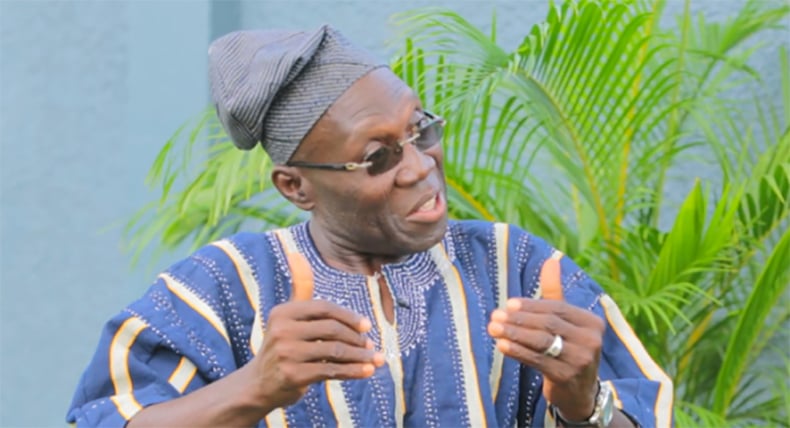The political landscape in Ghana has been recently marred by a disruptive incident during a parliamentary vetting process, sparking a debate about the language and conduct of elected officials. Former Tamale Central MP, Inusah Fuseini, has publicly criticized the Minority Leader, Alexander Afenyo-Markin, for employing what he deems excessively aggressive rhetoric. Fuseini argues that this inflammatory language incites irrational behavior among the Minority members, contributing to the chaotic scenes witnessed during the vetting proceedings on January 30, 2025. This incident resulted in the suspension of three Minority MPs and one Majority MP by Speaker Alban Bagbin, underscoring the seriousness of the disruption.
Fuseini’s central critique revolves around the potential for Afenyo-Markin’s bellicose language to negatively influence his fellow party members. He posits that such aggressive communication fosters an environment where rational thought and measured responses are replaced by emotionally charged reactions. In an interview on Citi FM’s Eyewitness News, Fuseini explicitly stated that Afenyo-Markin’s language is “too belligerent to condition rational thinking and behavior among his members.” He suggested that this constant exposure to aggressive language effectively “works the members up,” creating a heightened state of emotionality that can easily escalate into unruly behavior. This, according to Fuseini, is a key contributing factor to the breakdown of decorum observed during the parliamentary proceedings.
Further illustrating his point, Fuseini highlighted the incident involving the clerk of the committee during the vetting process. While the specifics of this incident are not detailed in the provided text, Fuseini uses it as a direct consequence of the overly aggressive atmosphere created by the Minority Leader’s language. He implies that the clerk became a target of this heightened emotional state, suggesting that the charged atmosphere contributed to the incident. This example serves as a tangible manifestation of Fuseini’s concerns, demonstrating how inflammatory language can create a ripple effect, impacting not only interpersonal interactions but also the overall functioning of parliamentary processes.
Fuseini’s critique extends beyond mere observation; he offers concrete advice to the Minority Leader. He urges Afenyo-Markin to adopt a “less belligerent tool” and emphasizes that forceful argumentation need not rely on emotionally charged language. He believes that it is entirely possible to present a compelling case without resorting to inflammatory rhetoric. This, according to Fuseini, would create a more conducive environment for reasoned debate and productive parliamentary proceedings. He stresses that a shift away from belligerent communication would not only improve the behavior of Minority members but also contribute to a more respectful and effective legislative process.
The implications of Fuseini’s critique reach beyond this specific incident. It raises broader questions about the role of language in political discourse and the responsibility of leaders to foster a climate of respectful engagement. His concerns highlight the potential for inflammatory rhetoric to undermine democratic processes by hindering rational debate and inciting disruptive behavior. By drawing attention to the potential consequences of Afenyo-Markin’s communication style, Fuseini calls for a more considered approach to political dialogue, emphasizing the importance of reasoned argumentation over emotionally charged rhetoric.
The incident involving the parliamentary vetting process and the subsequent critique by Inusah Fuseini provide a valuable opportunity for reflection on the conduct of elected officials and the broader political climate. Fuseini’s call for a less belligerent approach serves as a reminder of the importance of maintaining decorum and respect within the political arena. His argument that forceful advocacy can coexist with measured language offers a pathway toward a more productive and collaborative legislative process. By highlighting the potential dangers of inflammatory rhetoric, Fuseini contributes to a vital conversation about the role of language in shaping political discourse and upholding the principles of democratic governance.


